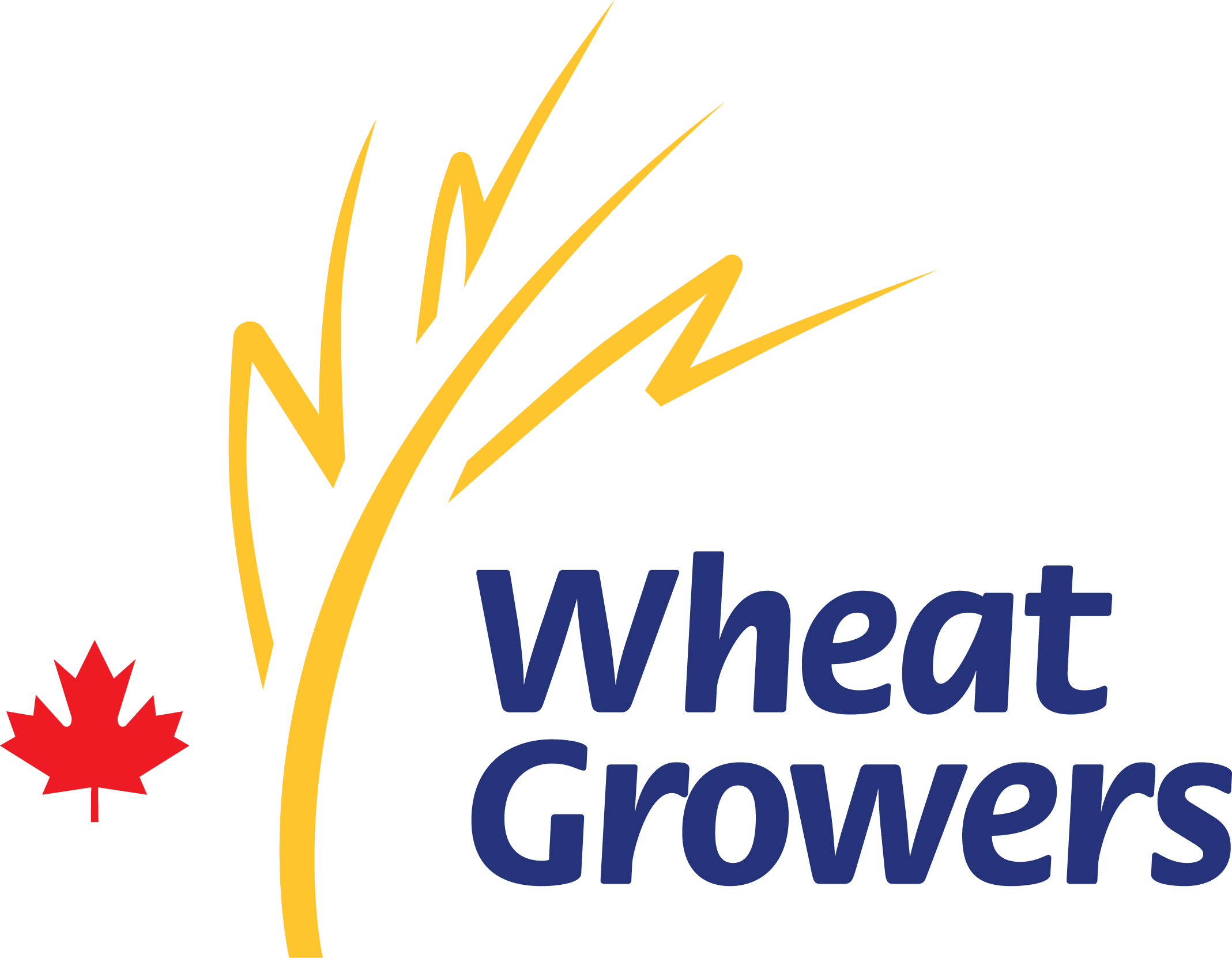The Wheat Growers Association is a farm advocacy organization dedicated to developing agriculture policy solutions that strengthen the profitability and sustainability of farming and the agricultural industry.
We’re also a not-for-profit organization, and therefore rely on memberships and donations to drive our advocacy efforts. Without these funds we wouldn’t be able to effectively develop policy initiatives and solicit the necessary industry and political leaders for change.
Our origins date back to December 1969 when a concerned group of farmers and industry representatives met to discuss how they could create an effective farm organization that would promote positive, market-oriented policy solutions. On April 3, 1970, a charter was granted to the Palliser Wheat Growers Association, which evolved into the Wheat Growers Association of today.
We’re proud of our long-standing history of providing innovative, farmer-driven solutions that benefit our membership and the agriculture industry as a whole.
What We Do
The Wheat Growers are continually seeking opportunities to help better the grain industry and improve your farm. We work with industry leaders and target policy makers, advocating on behalf of our members. Today, the Wheat Growers support the following initiatives:
- Open and competitive markets.
- A commercial and efficient grain handling and transportation system.
- Agricultural innovations that add value, enhance competitiveness, and increase net returns to farmers.
- Sound, science-based environmental and food safety policies.
- Greater operating freedom to manage our farm businesses in a profitable and sustainable manner.
- Elimination of production-distorting subsidies.
- Removal of barriers to market access.
What We’ve Done
Starting in 1970, the first public policy objective was to obtain protein premiums on wheat. Since then, the Wheat Growers have been instrumental in achieving many key policy goals for prairie farmers and the ag sector, including:
- Elimination of inter-provincial boundaries on feed grains.
- Removal of quotas on canola, flax, and feed grains.
- Separate pool and grade classes for malt barley.
- Protein premiums on wheat and finer protein increments.
- The introduction of CPS types of wheat.
- Creation of the Pesticide Management Regulatory Agency (PMRA) for streamlined pesticide registration applications.
- Removal of oats from the Canadian Wheat Board (CWB).
- Freer trade with US, Mexico, and Europe, for example, the CPTPP agreement.
- Pre-harvest glyphosate.
- Plant breeder’s rights, leading to greater development of new crop varieties.
- Grain transportation reform.
- CWB pricing options.
- Elimination of Kernel Visual Distinguishability (KVD) as criteria for registration of new wheat varieties.
- Grain marketing freedom including the elimination of the CWB which has led to significant investment in new grain handling facilities in Western Canada.
- Extension of the rail interswitching distance from 30 km to 160 km, creating the opportunity for greater rail competition.
Advocating Through Thick and Thin for the Last 50 Years.
We Are Farmers. We Know Agriculture.
We Know What Works Best for Farmers Because We Are Farmers.
We Provide an Optimistic and Educated Perspective.
